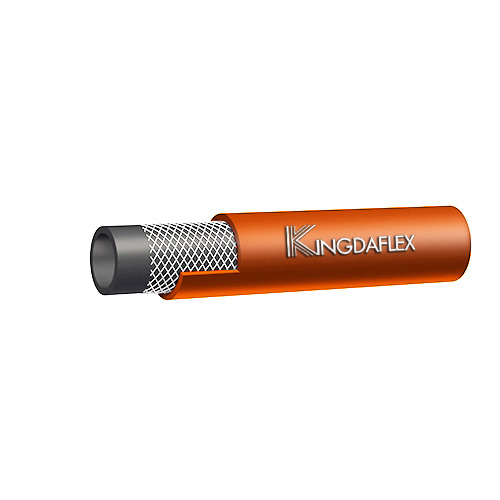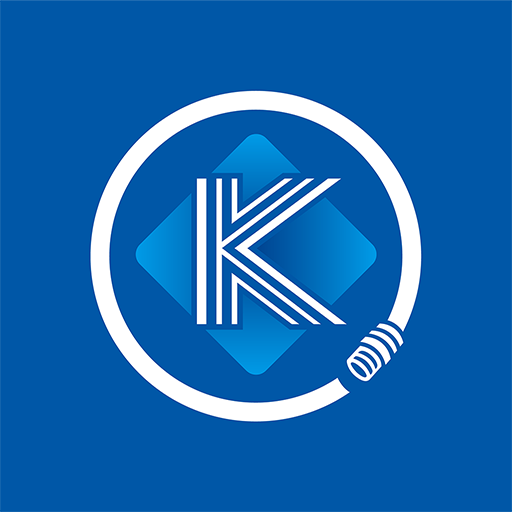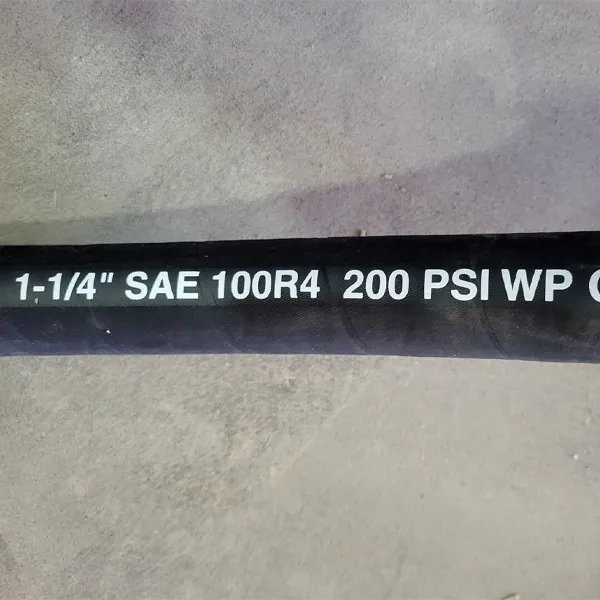Whether hydraulic hoses can be used for propane is a critical one, given the distinct properties of each substance. Hydraulic fluids and propane differ significantly in chemical composition and behavior, necessitating careful consideration of hose compatibility. Understanding the implications of using the wrong hose type is essential for safety and operational efficiency.
This blog post delves into the specific requirements for propane transfer and explores why standard hydraulic hoses are generally unsuitable. We will examine the materials, pressure ratings, and safety standards that must be met when handling propane, and highlight the potential dangers of using incompatible hoses.
What Is Propane
Propane’s clean-burning properties and high energy density make it a versatile fuel. When burned, it produces relatively few pollutants compared to other fossil fuels. Its ease of transport and storage, combined with its widespread availability, have contributed to its popularity in both residential and industrial applications. However, its flammability necessitates careful handling and storage to prevent accidents.
Can You Use the Hydraulic Hose for Propane?
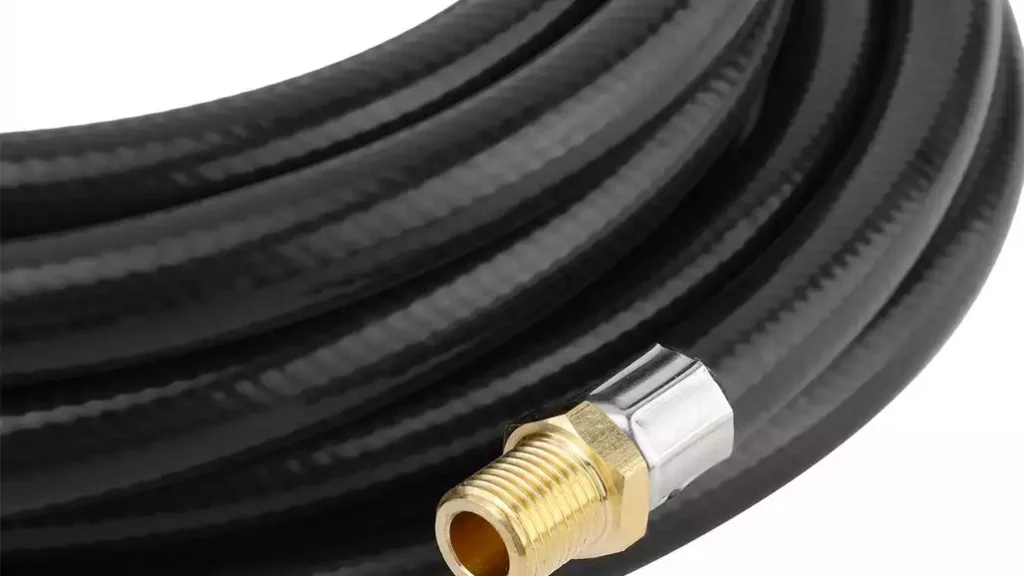
No, you should not use standard hydraulic hoses for propane. Hydraulic hoses are designed to handle non-compressible hydraulic fluids under high pressure, while propane is a compressible, liquefied petroleum gas (LPG) with distinct chemical properties. The materials used in typical hydraulic hoses are often not compatible with propane, potentially leading to degradation, leaks, and safety hazards.
Propane requires hoses specifically engineered to withstand its chemical composition and pressure requirements. These hoses are typically made from materials like nitrile rubber or thermoplastic, which are resistant to propane’s permeation and degradation. They are also constructed to meet stringent safety standards and certifications, ensuring they can handle the pressures and temperatures associated with propane transfer.
The risks of using standard hydraulic hoses for propane are significant. Propane leaks can lead to fire or explosion hazards, and the hose material may degrade over time, weakening the hose and increasing the risk of failure. It is crucial to use hoses that are explicitly designed and certified for propane applications to ensure safety and prevent accidents. Always consult with industry experts and adhere to relevant safety standards when working with propane systems.
What Type of Hose Can Be Used for Propane?
Propane requires specialized hoses designed to handle its unique properties, including its chemical composition, pressure requirements, and potential for permeation. These hoses are typically constructed from materials that are resistant to propane’s degrading effects and can maintain their integrity under varying temperatures and pressures. Using the correct type of hose is crucial for safety and preventing leaks, which can lead to hazardous situations.
Here are the key types of hoses suitable for propane applications:
Nitrile Rubber Hoses:
- Nitrile rubber hoses are a common choice for propane transfer due to their excellent resistance to petroleum-based products, including propane. They are designed to withstand the chemical degradation that propane can cause to other rubber compounds. Nitrile rubber maintains its flexibility and strength under varying temperatures, ensuring reliable performance in diverse operating conditions. Additionally, it helps to mitigate the permeation of the propane through the walls of the hose, which reduces the likeliness of dangerous leaks.
Thermoplastic Hoses:
- Thermoplastic hoses are another suitable option for propane applications, offering good resistance to propane and its permeation. These hoses are engineered to maintain their flexibility and pressure rating under a range of operating temperatures. They are also known for their durability and resistance to abrasion, making them ideal for rugged applications. Thermoplastic materials used within these hoses have been specifically created to reduce, and in some cases eliminate, the issues of the propane passing through the hose wall.
It is always vital to ensure that any hose chosen, has been specifically rated and certified for use with propane, to adhere to all necessary safety standards.
Why Hydraulic Hose Instead of Regular Hose?
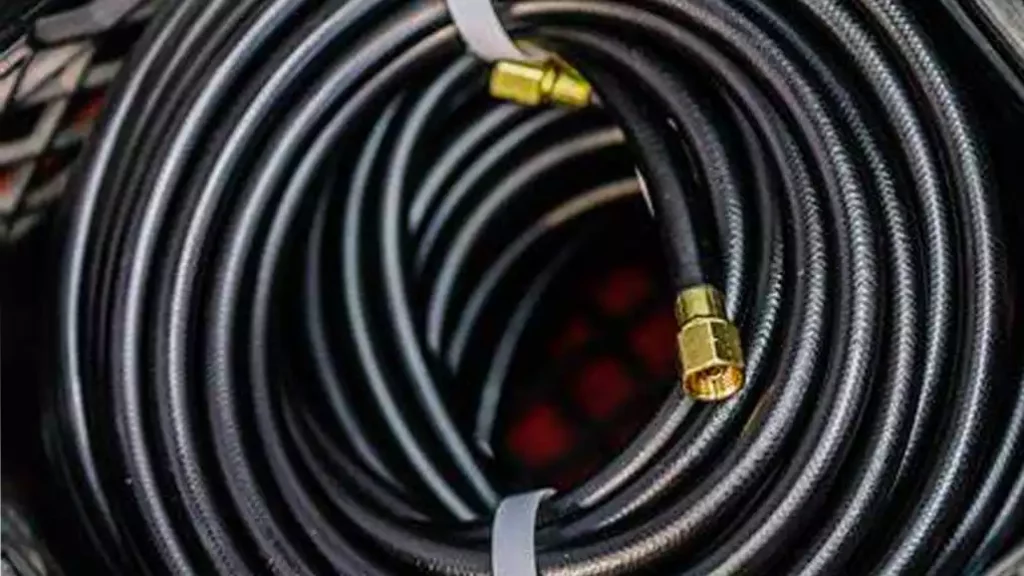
The hydraulic hose is specifically designed to withstand the extremely high pressure, generated by the hydraulic systems. This type of hose is reinforced with multiple layers of stainless steel wires or textile wires to add extra strength to prevent bursting issues.
But the regular hose is just normal, for you to use in your daily life, to deliver the water, oil anything else for the occasions where not require high working pressure. In contrast, the hydraulic hose is widely applied in industrial fields, such as construction, mining, digging, etc where needs heavy-duty machinery.
So you have the use the hydraulic hose to deliver the propane rather than the regular hose.
High Pressure Strength
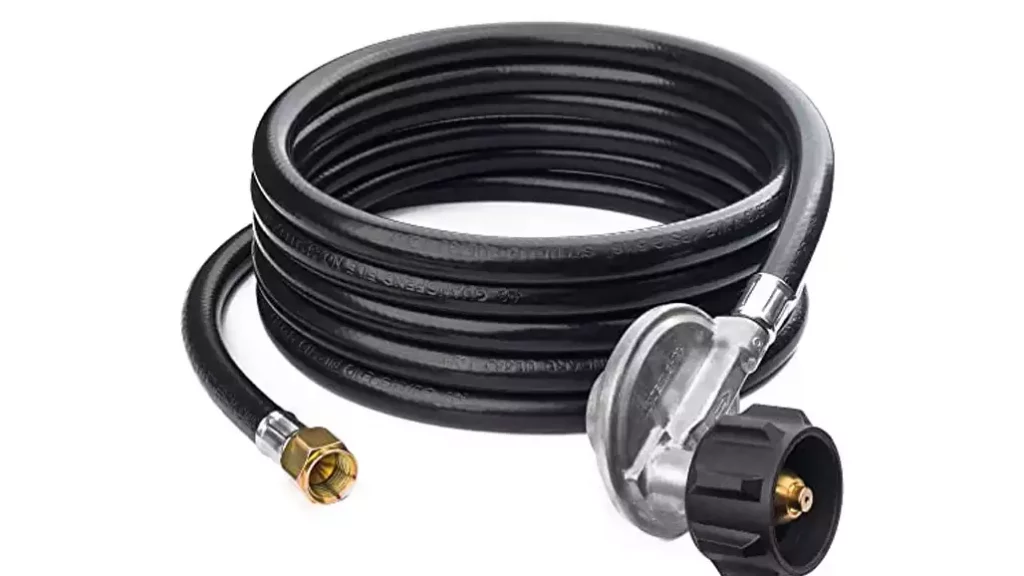
The pressure required for the propane tank ranges from 100 psi to 200 psi to deliver the propane gas, this pressure is limited within the high pressure hydraulic hose. A normal hydraulic hose can be compatible with 5000 psi working pressure, so it can be easily compatible with propane liquid.
So hydraulic hose for propane can keep the propane liquid state in working conditions, and the hydraulic hoses can be installed for the propane tank to transfer the propane for various applications.
For example, you can use the tractor supply propane hose for the propane tank.
High Temperature Resistance
The propane can maintain in the temperature range from 40 to 180F, and the hydraulic hoses can be used in high-temperature working conditions, up to 250 F temperature. So you can use the hydraulic hose for propane without any issues.
Nonreactive Propane Liquid
Propane air is a reactive flammable gas, it is much more dangerous than propane liquid because propane liquid is poorly reactive. So it is absolutely safe to deliver the propane liquid using the hydraulic hose.
And the propane liquid can’t do any damage to the hydraulic hose, due to its poor reaction while delivering.
Precautions about Hydraulic Hose for Propane
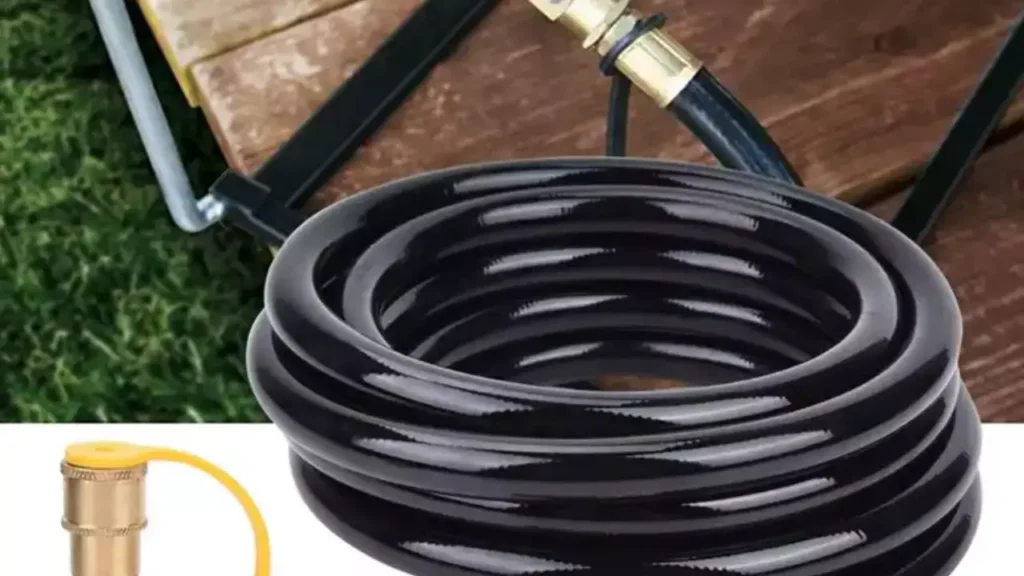
Choosing the right hydraulic hose for propane applications requires meticulous attention to detail and adherence to safety standards. Propane’s unique chemical properties and flammability necessitate hoses specifically designed to handle its characteristics. Using an inappropriate hose can lead to leaks, degradation, and potentially catastrophic failures. Therefore, it’s crucial to select hoses that are certified and rated for propane use, ensuring compatibility and safety.
Here are essential precautions to consider:
Material Compatibility:
Ensure the hose material is specifically designed for propane. Materials like nitrile rubber or thermoplastic are preferred due to their resistance to propane’s permeation and degradation. Verify the hose’s chemical compatibility with propane under varying temperatures and pressures to prevent hose damage and leaks. The chemical reaction between propane and unsuitable hose materials can cause the hose to weaken, crack, or rupture, creating a serious safety hazard.
Pressure Rating and Certification:
Select a hose with a pressure rating that exceeds the maximum operating pressure of your propane system. Verify that the hose complies with relevant industry standards and certifications, such as UL or CSA, to guarantee safety and reliability. These certifications ensure the hose has undergone rigorous testing and meets the required specifications for propane applications. Using a hose with an insufficient pressure rating can lead to bursting, while uncertified hoses may not meet the necessary safety requirements.
Temperature Range and Environmental Conditions:
Consider the temperature range the hose will be exposed to, as propane’s properties can change under extreme temperatures. Ensure the hose can withstand both the minimum and maximum operating temperatures of your system. Also, evaluate the environmental conditions, such as UV exposure, abrasion, and chemical exposure, and choose a hose with suitable protective covers. The hose must maintain its flexibility and integrity under all anticipated operating conditions to prevent failures and ensure long-term reliability.
Proper Fittings and Connections:
Use fittings and connections that are specifically designed for propane applications and are compatible with the selected hose. Ensure all connections are properly tightened and sealed to prevent leaks. Inspect fittings regularly for signs of wear or damage. Proper installation and maintenance of fittings are crucial for maintaining a leak-free system. Using incompatible fittings or improperly installed connections can result in propane leaks, posing a significant safety risk.
LPG Hose
The LPG (liquefied petroleum gas) hose is specifically designed to deliver and transfer LP gas and propane in industrial applications, such as construction, agriculture, etc.
Conclusion
In conclusion, standard hydraulic hoses are unsuitable for propane, posing significant safety risks. Propane’s chemical properties necessitate specialized hoses made from materials like nitrile rubber or thermoplastic, designed to prevent leaks and degradation. Using certified propane hoses ensures safety and compliance with industry standards, minimizing potential hazards.
Selecting the correct hose is crucial for preventing accidents and ensuring reliable propane transfer. Understanding the material compatibility, pressure ratings, and safety certifications is essential for any propane application. Prioritizing safety and adhering to industry guidelines protects personnel and equipment from potential harm.
For certified propane hoses designed to meet stringent safety standards, choose Kingdaflex. We offer a comprehensive range of wholesale propane hoses, providing reliable and durable solutions for your needs. Contact us today to explore our product offerings and ensure your propane systems operate safely and efficiently.

